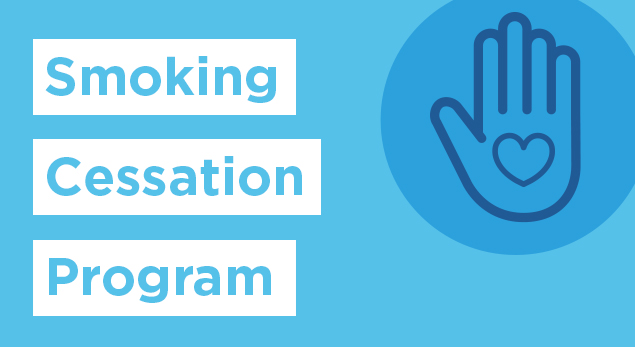We invite all Rite Aid customers to switch to the pharmacy at Evergreen!
Create a Plan to Quit Smoking by Identifying the Triggers That Lead to It
July 30, 2021

One of the most common resolutions is to finally quit smoking. And it’s tough. Without the right planning and support, it can be nearly impossible. Most individuals are aware about the harm it causes to one’s health and wellness; there are literally no healthy outcomes associated with smoking. While smoking fewer cigarettes is better than the usual, the benefits of not smoking at all far outweigh cutting back.
Evergreen Health’s smoking cessation program at THRIVE Wellness uses a method of treatment that identifies stressors and triggers that lead to smoking and provide you with the support system and tools that allow you to create an action plan to quit smoking. Alex Marranca, Health & Wellness Counselor, says that the program is different than traditional stop-smoking programs.
“Instead of information like, ‘Hey if you smoke cigarettes, you’re going to get lung cancer,’ and ‘This is what your lung looks like when you smoke,’ this program is therapeutic and treatment-based. It doesn’t help anyone to quit smoking by saying ‘It’s bad for you.’ This program figures out the stressors, the environmental factors around it and then gives support from the other participants that are involved in the group, too,” Alex said.
Participants work together and determine a course of action that works best for them. They identify triggers and methods on how to deal with those. Alex says that the group really learns from each other and his role is to facilitate, rather than a lecture. That means he steers the conversation in productive ways, but still lets the group shape their own journey.
Prior to the group, beginning on Thursday, September 2 and continuing bi-weekly for six sessions over 12 weeks, participants will meet individually with Alex to assess smoking factors like stressors, support systems, history and withdrawal symptoms. Alex stresses that having a plan and addressing the possibility of roadblocks are essential to the smoking cessation process. Because smoking is habitual, which becomes a ritual, everyday activities often make people want to pick up a cigarette. The goal of the group is to create an action plan to stop smoking.
“I don’t doubt that it’s a hard thing to quit,” Alex says. “It’s one of the hardest things to drop. It’s one of the strongest addictions. But some of the simple things, like being able to taste food, not smelling like cigarette smoke and having more money are great. Then, after a certain amount of time, things start healing in your body, too. In thirteen years, your body can almost fully heal itself. Within a week, your blood pressure is already dropping. There are so many benefits to your body.”
The smoking cessation group includes a built-in support system. The goal is to quit smoking at the three-session, or six-week mark. Still, perfection is not expected. Many people fall back into the habit of smoking, but as a group, participants can work with each other to find ways to deal with situations that could encourage picking up a cigarette.
The Smoking Cessation Program begins on Thursday, September 2 at 1:00 P.M. at Evergreen Health’s THRIVE Wellness and continues bi-weekly for six consecutive sessions over 12 weeks. Advance registration is required and participation is open to all primary and specialty care patients. For more information, including registration, call 716-847-2441.